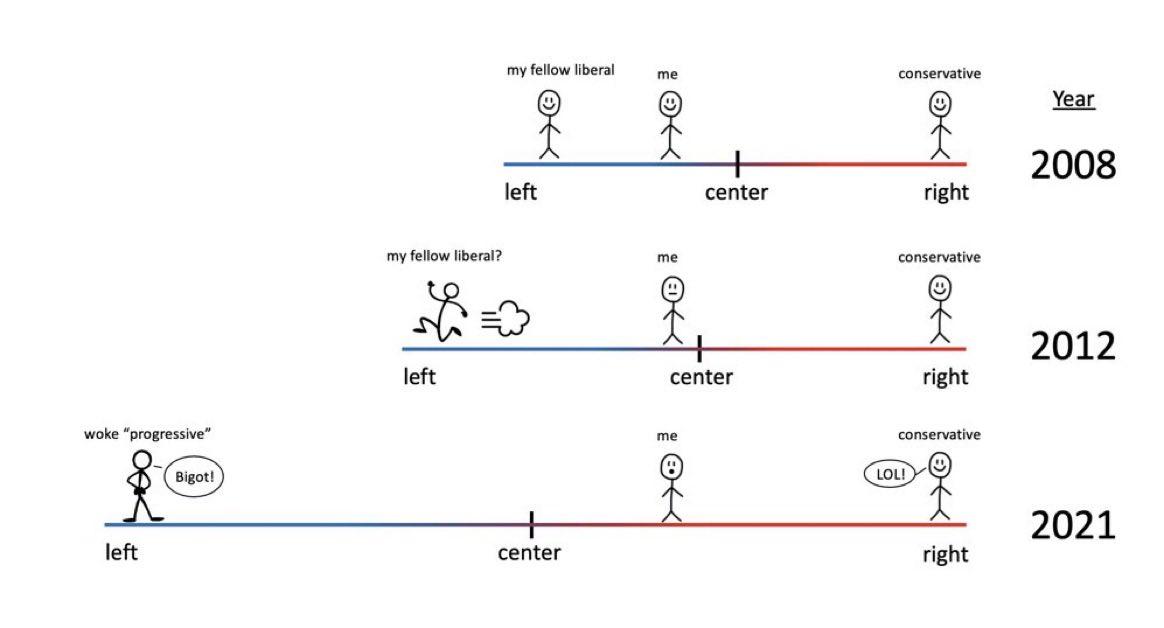I reacted the same way everyone did, when I first heard about Elon Musk’s seemingly out-of-left-field bid to buy Twitter. A bit of shock — why on Earth does Twitter need a buyout — and a bit of “of course, classic Elon.” A jaw drop at the whopping $44 billion price tag attached to the deal, and a brief existential crisis at how anything I do is supposed to matter in a world where the rich will only ever get richer because they choose to throw their money at each other rather than do any good, despite how astonishingly simple it would be for them do so. Typical stuff.
But the more I sat with the news, the more concerned I became with the potentially disastrous consequences of Musk’s move. His statement did nothing to assuage my concerns: “Free speech is the bedrock of a functioning democracy,” he noted, vowing to reduce content moderation on Twitter and allow the first amendment to rule over the platform. Theoretically, the goal is perfectly acceptable and valid — it is not, however, acceptable that Elon Musk is the one who plans to implement this change. His personal politics combined with his misconceptions about free speech and little to no knowledge on the specifics of content moderation together create the perfect recipe for harmful conservative disinformation at best and, at worst, the fuel to more insurrection fires.
Musk has made his personal conservatism no secret, despite how much he may claim to be a moderate, “half Democrat, half Republican.” He has previously described his ideals as the standard “socially liberal and fiscally conservative” fallacy — which is essentially the go-to billionaire cop-out when it comes to putting their money where their mouth is. Musk went on an anti-left rampage on Twitter after making his bid for the platform, claiming the Democratic Party has swerved into complete extremism and forced moderates to turn to the GOP. This is, of course, patently false — there is empirical evidence that Republicans have grown much more extreme than Democrats, and that is without even considering the fact that political parties in America lean much, much more conservative than parties across the rest of the world.
Twitter was one of the few social media companies that took firm stances on matters of political divisiveness, permanently banning Donald Trump from the platform and suspending the tabloid New York Post after the account tweeted out articles on Hunter Biden which were eventually confirmed to be true. Musk commented on the decisions, saying that “suspending the Twitter account of a major news organization for publishing a truthful story was obviously incredibly inappropriate.” He clearly only takes issue with the suppression of right-wing extremism, and his empty promises to protect free speech will undoubtedly and inevitably turn into widespread conservative misinformation across the web in the name of restoring ideological balance to social media culture.
The issue is not in the sentiment Musk presents — there have, of course, been moments in Twitter’s history where the censorship of right-wing ideas was excessive. Content moderation is a major issue for all social media platforms, and moderation policies must absolutely be rethought. In their current state, they often lead to rampant misunderstandings and distrust on both sides of the political spectrum while deepening the divide of polarization between parties. But Musk’s belief that less moderation would result in a supposed restoration of “free speech” is inaccurate, impractical, and reductive. Content moderation is exceedingly complex, and in cases of things like harassment and propaganda it is entirely plausible and probable that moderating content would foster more freedom of thought and ideas than not. Musk’s simplistic view is indicative of his lack of knowledge of the space, and points towards this latest endeavor being yet another in a series of moves designed to make him a household name. Surely, there are things about Twitter that might need changing, and things about social media and its culture that require a technical and ethical reevaluation — but Elon Musk is not the man for the job.




